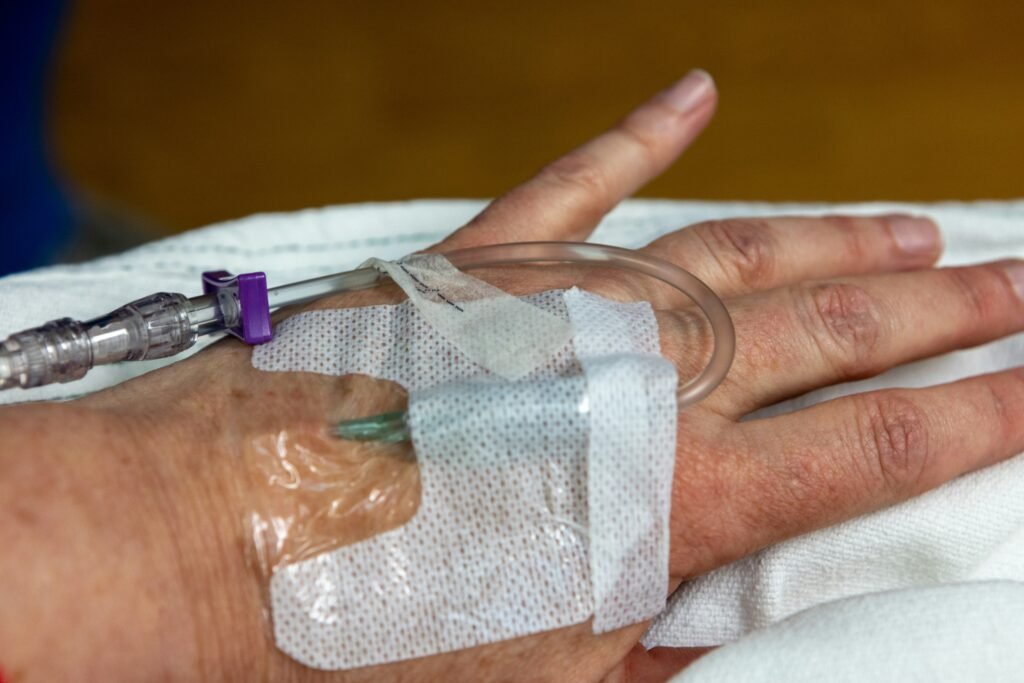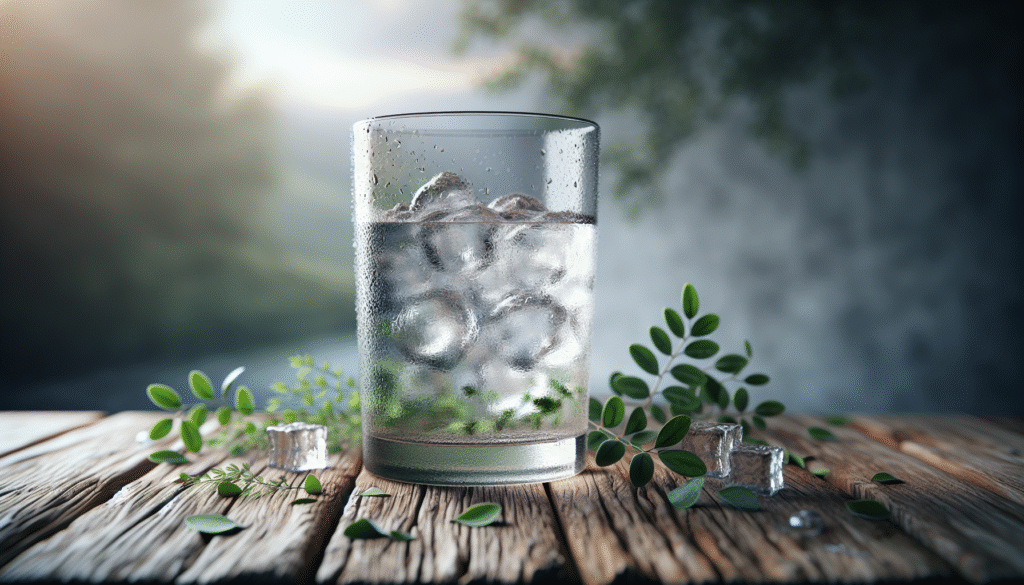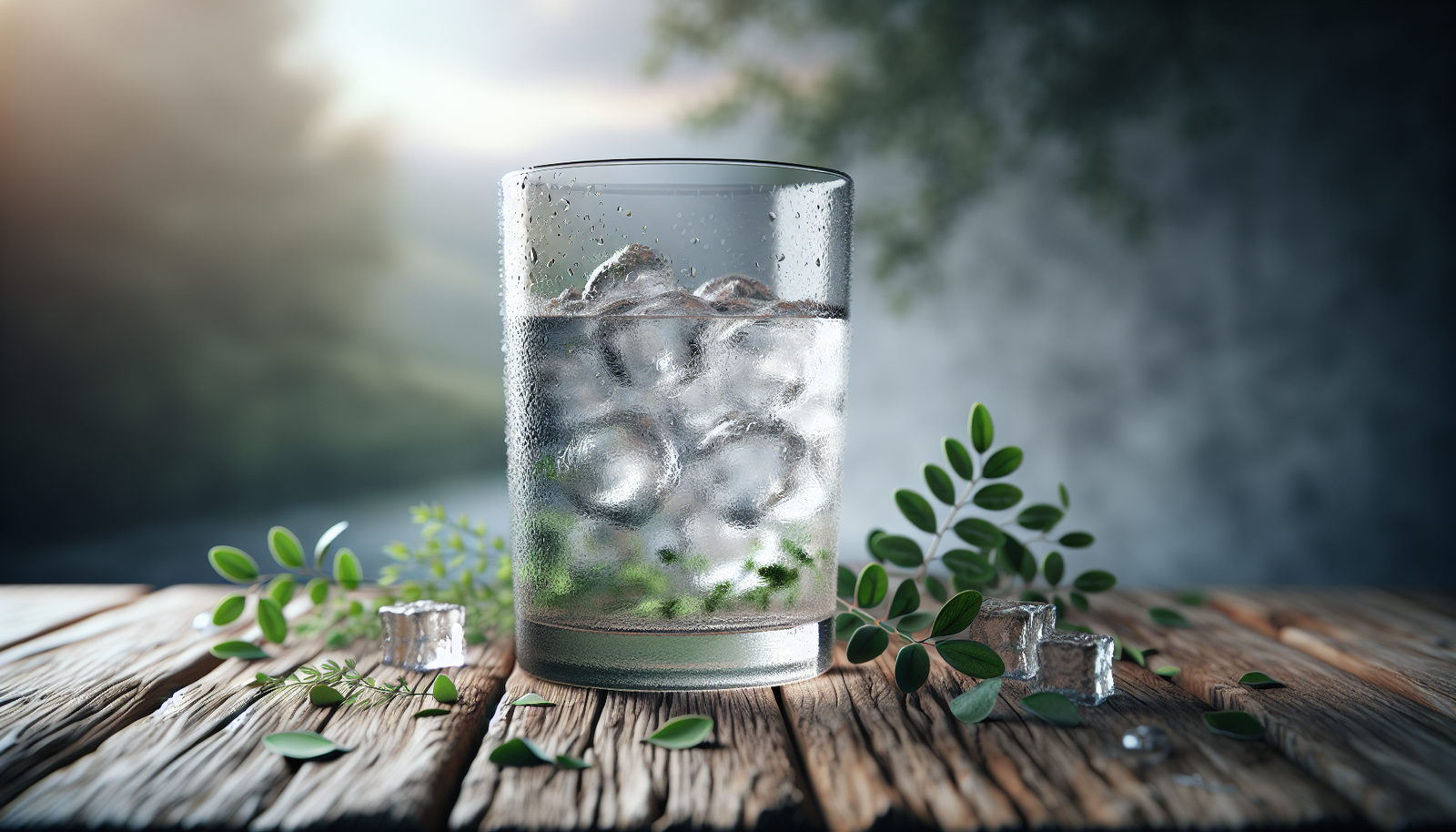Have you ever thought about what happens to your body when you jump into cold water? Picture this: the icy rush hits you, your skin tingles, and your heart races. But beyond the immediate shock, your body is gearing up for something substantial. Let’s break it down together.
The Basics of Your Immune System
Your immune system is the superhero of your body, helping to protect against illness and disease. It’s complex, with various components working together to fend off pathogens, bacteria, and viruses. Understanding how this system operates gives you insight into how external influences like cold water can impact your health.
Components of the Immune System
- White Blood Cells: These are the front-line defenders, constantly patrolling your body for intruders.
- Lymphatic System: A network that helps transport immune cells and remove waste from tissues.
- Bone Marrow: Where new immune cells are produced.
- Spleen: Helps filter the blood and aids in the immune response.
Recognizing these components can help you appreciate the intricate mechanics of your body.
How Cold Water Affects the Body
When you immerse yourself in cold water, your body responds in various ways. It’s not just an uncomfortable surprise; it’s a complex interaction between your nervous system, circulatory system, and immune response.
The Immediate Reaction
Once you hit that cold water, your body goes into shock. You might experience rapid breathing, increased heart rate, and even a feeling of euphoria. What’s happening here? The body is kicking into gear, preparing to protect itself from the cold.
- Vasoconstriction: Blood vessels tighten to restrict blood flow to non-essential areas, preserving your core temperature.
- Release of Cortisol: This stress hormone helps to get your body ready for action.
These initial reactions can be intense, but they serve a purpose. They prepare your body to handle the stress of cold exposure.
The Immune Response Kickstart
Interestingly, exposure to cold water doesn’t just greet you with shivers; it can actually stimulate your immune response. Regular cold exposure has shown potential benefits for enhancing immune function. Let’s break down how this happens.

Potential Benefits of Cold Water on the Immune System
You may wonder why deliberately exposing yourself to the chills of cold water could be beneficial. After all, isn’t comfort a priority? The truth is, there’s a method to this chilly madness.
Boosted White Blood Cell Production
Research suggests that cold exposure can lead to an increase in the production of white blood cells. More white blood cells mean a stronger army to fight off potential infections.
- Clinical Findings: A study found that participants who regularly took cold showers had increased white blood cell counts compared to those who didn’t.
Enhanced Lymphatic Circulation
Cold temperatures can stimulate lymphatic circulation, aiding in the removal of waste and toxins from your body more effectively.
- Why It Matters: Improved lymphatic flow means your immune cells can travel faster, identifying and responding to threats in your body more efficiently.
Increased Metabolic Rate
Your body works hard to maintain its core temperature in cold conditions. This increased effort can elevate your metabolic rate, which can impact your overall health, including immune function.
- The Energy Needs: The extra energy needed to keep warm may also contribute to a heightened immune response, preparing you for any potential pathogens.
Adaptation and Resilience
Your body can adapt to regular exposure to cold, just like it can strengthen through other forms of stress (think exercise). With repeated exposure, you could develop a more resilient immune system.
- The Role of Adaptation: This process of repeated cold exposure could reinforce your body’s ability to handle stressors, making your immune response more robust over time.
How Cold Exposure Can Help With Inflammation
Inflammation is your body’s natural response to injury or infection, but chronic inflammation can lead to various health issues. Cold exposure can play a role in managing inflammation levels.
Cold Water Therapy and Inflammation
- Reduction in Cytokines: Cold exposure has been noted to decrease pro-inflammatory cytokines, which are signaling molecules that can promote inflammation.
- Ice Baths and Recovery: Athletes often employ ice baths post-exercise to reduce muscle soreness and inflammation, showcasing the therapeutic potential of cold water.
By implementing cold exposure methods, you may find a way to help regulate inflammation, turning down the chronic responses that may contribute to health issues down the line.

Mental Health and Immune Response
It’s not only your physical health that benefits from the cold; your mental health can also enjoy some advantages. Cold water exposure may have positive effects on mental well-being, which indirectly supports your immune system, too.
Cold Water and Mood Enhancement
Cold showers or swims can trigger the release of endorphins, often referred to as “feel-good” hormones. This response can lead to:
- Improved Mood: The rush of endorphins can serve as a natural mood booster, helping to alleviate symptoms of anxiety and depression.
- Reduced Stress: A more relaxed mindset can help regulate your immune response, as chronic stress is known to weaken immune function.
Building Resilience
Facing the discomfort of cold water can serve as a form of mental training. Developing resilience in the face of a challenge, like plunging into cold water, can translate into increased emotional strength.
- Real-Life Applications: This newfound resilience helps you tackle other areas of stress, enabling a more balanced life and potentially fortifying your immune defense in the process.
Practical Tips: How to Get Started with Cold Water Exposure
Ready to give cold water exposure a shot? It’s essential to approach this practice mindfully, allowing your body to adjust without overwhelming it. Here are some straightforward tips to ease into it.
Establish a Routine
You don’t need to jump straight into freezing waters. Start small:
-
Cold Showers: Start by gradually decreasing the temperature of your shower. Try ending with 30 seconds to a minute of cold water to help your body adjust.
-
Cold Plunges: If you’re feeling adventurous, consider heading to a local pool or lake where water temperatures are low. Start with short durations and progressively increase your time as you become comfortable.
Focus on Breathing
As the cold hits, it’s easy to panic. Instead, focus on your breathing:
- Deep Breathing Exercises: Practicing controlled breathing can help calm your nervous system and maintain mental clarity during the shock of cold water.
Monitor Your Body
Listen to your body. If you’re feeling excessively cold, it’s okay to limit your exposure time or increase gradually.
- Signs to Watch For: Numbness, excessive shivering, or confusion are signs to get out and warm up.
Stay Hydrated
Cold exposures can sometimes lead to unintended dehydration. Make sure you drink enough water before and after your sessions to keep your body well-hydrated.

The Science Behind Cold Water and Immunity
Understanding the science can empower your choices. Research around cold exposure and its effects on immunity is continually evolving, but some pertinent findings stand out.
Comparative Studies
Several studies help provide a clearer picture of how cold exposure impacts your immune response:
| Study | Findings |
|---|---|
| Study 1 | Increased white blood cell count in participants who regularly practiced cold exposure. |
| Study 2 | Reduction in inflammatory markers among ice bath users post-exercise. |
| Study 3 | Evidence showing enhanced lymphatic circulation following cold water immersion. |
These findings underscore the potential that cold exposure holds for supporting and improving immune function. While more research is necessary, these initial results are promising for both physical and mental health.
Potential Risks and Considerations
While cold water exposure can offer various benefits, it’s essential to be aware of potential risks.
Health Conditions to Consider
Certain health conditions may be exacerbated by cold exposure:
- Hypothermia Risk: If you’re not careful, prolonged exposure to very cold water can lead to hypothermia.
- Cardiovascular Health: If you have heart conditions, it’s crucial to consult your healthcare provider before attempting cold exposure, as the shock can increase heart rate and blood pressure.
Starting Slow is Key
Transitioning into cold exposure should have a gradual approach, particularly if you haven’t experienced it before. Rushing into intense cold exposure could lead to discomfort or even injury.
Listening to Your Body
Trusting your instincts and staying tuned to your body’s reactions is invaluable. If something feels wrong, it’s best to stop and reassess your approach.

Integrating Cold Exposure into Your Life
Is cold water exposure worth integrating into your life? For many, it can become a useful tool for boosting resilience, enhancing your immune response, and improving overall well-being.
Find a Community
Connecting with others who practice cold exposure can bolster your commitment. Finding local groups, classes, or online communities can provide motivation, encouragement, and shared experiences.
Consistency is Key
As with many health practices, consistency matters. Make cold exposure a regular part of your routine to really reap the potential benefits it holds for your immune system.
Personal Reflection
Take a moment to reflect on how you feel following cold exposure. Understanding your own body’s responses can lead to a more informed and beneficial approach over time.
Conclusion: The Chilly Benefits Await
So, there you have it. Cold water isn’t just a source of discomfort; it can be a catalyst for positive change in your immune response and overall health. By embracing the challenge of cold exposure, you might find yourself not only able to manage stress more effectively but also enjoy a robust immune system bolstered by resilience and adaptation. Don’t hesitate to give it a try—just remember to listen to your body and take it at your pace. Your immune system might just thank you for it.


